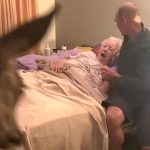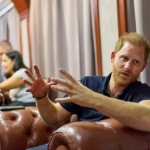He didn’t just study the science. He became the experiment.
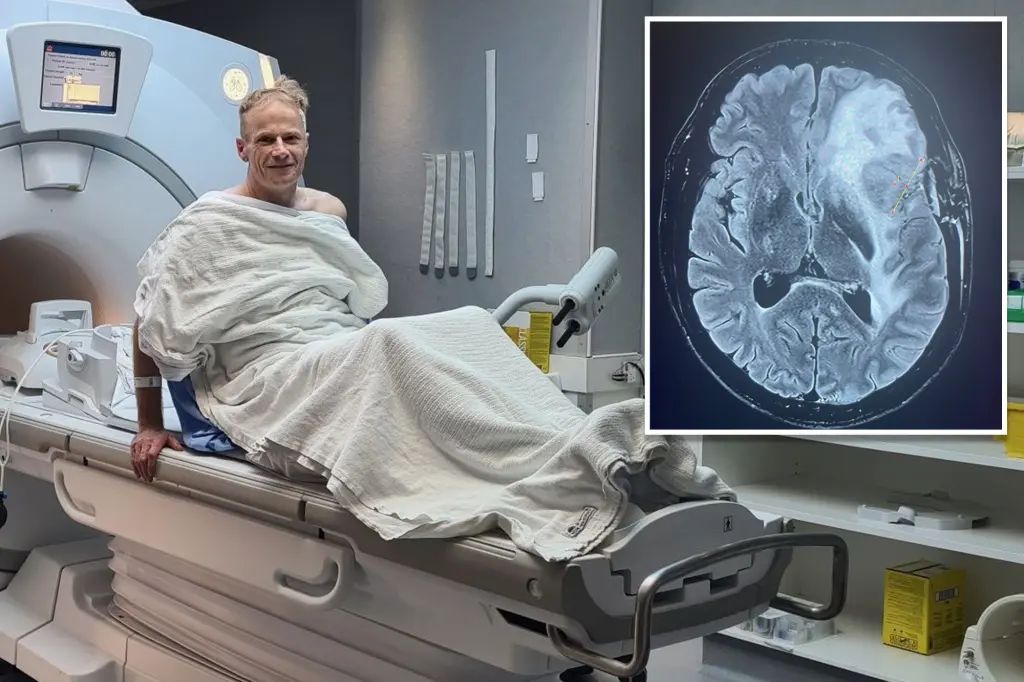
When Australian pathologist Professor Richard Scolyer was diagnosed with glioblastoma — one of the most aggressive and deadly brain cancers — the prognosis was devastating. Survival is usually measured in months, not years.
But Richard was not an ordinary patient. He had spent his career pioneering new treatments in immunotherapy, transforming outcomes for melanoma patients worldwide. And now, faced with his own mortality, he made a decision few would dare: to use his own groundbreaking research on himself.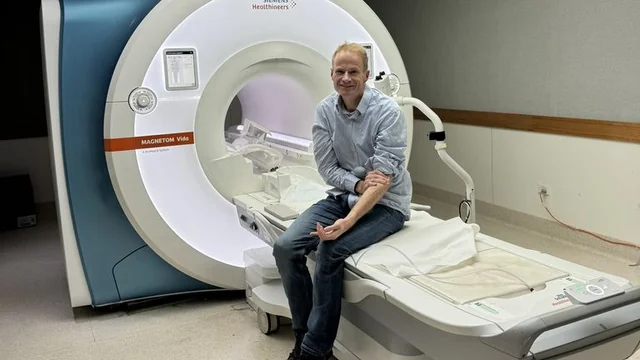
With no guarantees and no precedent, he became the first person in the world to apply melanoma-style immunotherapy to glioblastoma. It was bold. It was untested. It was dangerous. But it was also his only real chance.
And for nearly two years, it worked. His scans showed no sign of cancer — an almost unheard-of outcome for such a relentless disease. For Richard and those who followed his story, it felt like witnessing a medical miracle in real time.
The cancer has now returned, reminding everyone of the brutal nature of glioblastoma. But Richard’s fight has already changed the landscape of medicine. His case has inspired new clinical trials, opened new lines of research, and ignited fresh hope for patients and families who once had none.
Professor Scolyer’s story is more than personal. It is a testament to courage, to science, and to the idea that sometimes the greatest progress comes when the researcher and the patient are one and the same.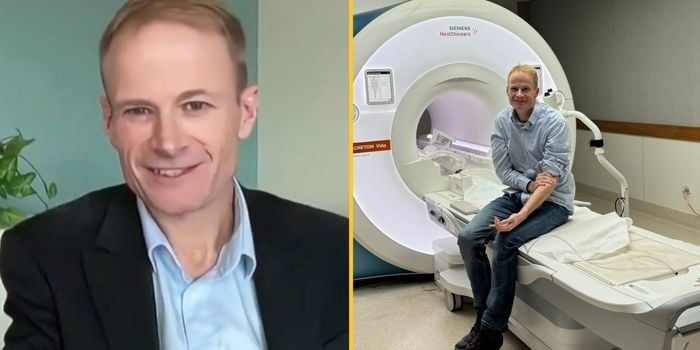
Let us honor the heroes who don’t just study medicine — they live it.



